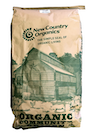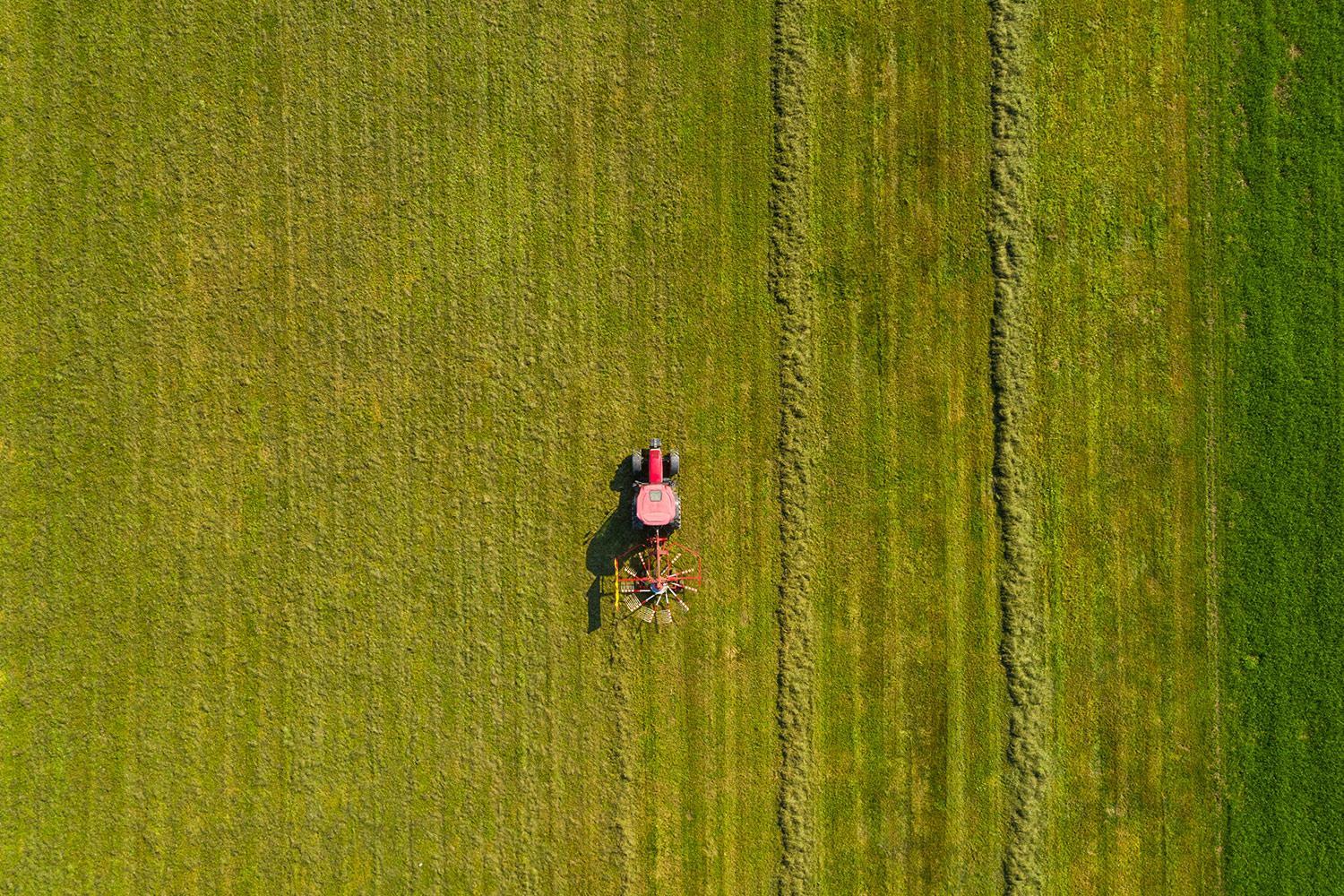If you’re reading this blog, you’re probably aware that there is widespread label confusion in the “organic and all natural” segments of the feed industry. In fact, people often ask us here at New Country Organics if our feeds are Non-GMO as well as organic. The answer to that is a resounding: “Yes!” GMOs are prohibited under the organic standard. We’ve been clear about how the organic standard is the gold standard and that consumers should be wary of feed that is only labeled “Non-GMO” but not certified organic. (We’ll explain why in another blog).
Beyond Organic
Another question we sometimes get is what we think about claims to be “Beyond Organic.” In this case, a farmer might claim that his approach to producing food is so eco friendly that it goes well beyond the organic standard. If true, this is commendable, although we believe the farmer should at least be able to show he meets the standard before he claims to exceed it.
Certified Organic and Non-GMO
It’s not unreasonable to assert that the organic standard is imperfect. After all, it’s only about 20 years old and is still evolving. It might well disappoint an individual with a passion for a particular approach or material. However, it is the superior and widely recognized standard. It encompasses production methods and soil health as well as the nature of the seed, whereas NON-GMO only prohibits the use of a genetically modified seed. It also has immense utility to the organic community, precisely because it is so widely recognized.
Certified organic is the modern equivalent of a standard weight or measure. When ancient societies formed, weights and measures were essential as they allowed early markets to function. The certified organic standard allows high quality, environmentally friendly products to be exchanged at scale and this has the greatest beneficial impact on our society. Even if an individual local farmer is right about his claims that his food is produced to a higher standard than certified organic, there is no way for that to be recognized outside the farmer’s familiar network and market. In that sense, the claim makes his product artisanal. I love buying high quality artisanal goods and when I vote with my wallet I attribute a value to them. However, the US economy is not a village of artisans selling their wares! The call to “Know Your Farmer” might work in the individual instance, but it cannot match the societal utility and impact of a widely accepted standard like USDA Certified Organic.
The New Country Organics Standard
We at New Country Organics hope to facilitate a shift in growing practices across the country to address issues like soil replenishment, carbon capture in pasture, increased biodiversity, and improved human and animal health. We aim to give Americans more control over their personal food chains. And for their part, Americans are hungry for more organics. The common set of principles – the “certified organic standard” - underpins the kind of change so many of us wish to see nationally.







